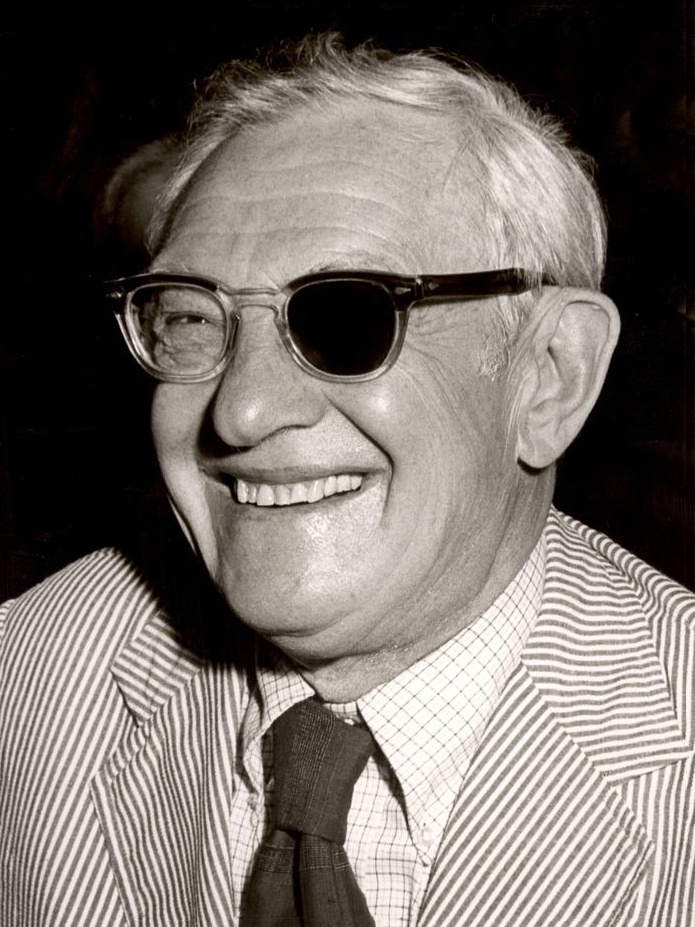Julius "Julie" Axelrod (1912–2004)
| Div | |||||||||||||||
|---|---|---|---|---|---|---|---|---|---|---|---|---|---|---|---|
| |||||||||||||||
|
Resources
The Office of NIH History and Stetten Museum has gathered the following growing list of resources concerning Dr. Axelrod:
Dr. Axelrod's Own Reflections
- Interview with Marshall Nirenberg and Bernhard Witkop for National Institute of Health Oral History Project, 2003 (PDF, 89 kB)
- More reflections on a career in science in Journal of Biological Chemistry, 2003 (PDF, 197 kB)
- First Interview with Martin Flavin for NIH Oral History Project, 1996 (PDF, 61 kB)
- Second Interview with Martin Flavin for NIH Oral History Project, 1996 (PDF, 82 kB)
- Reflections on research at NIH in Perspectives in Biology and Medicine, 1986 (PDF, 638 kB)
- Reflections on the research scientist’s career in Annual Review of Pharmacology and Toxicology, 1988 (PDF, 2 mB)
- Banquet speech at Nobel Prize ceremony, 1970 (PDF, 366 kB)
NIH Publications
- Brief biographical introduction to Axelrod papers at National Library of Medicine, 2006
- Obituary in NIH Record, 2005 (PDF, 202 kB)
- Announcement of Nobel Prize Award in NIH Record, 1970 (PDF, 16 mB)
Journal Publications
- Tribute obituary by Solomon H. Snyder in Nature, 2005 (PDF, 104 kB)
- Tribute obituary by J.T. Coyle in Molecular Psychology, 2005 (PDF, 64 kB)
Non-journal Publications
- Memorial biography by Solomon H. Snyder for National Academy of Science, 2005 (PDF, 1029 kB)
- Obituary in Washington Post, 2004 (PDF, 221 kB)
- Biographical excerpt from Nobel lectures including presentation speeches and laureates' biographies: physiology or medicine 1963–1970, 1970 (PDF, 305 kB)
- Article in Jewish Telegraph Agency, 1970 (PDF, 263 kB)


